Free Online HVAC Courses and Certifications 2024
HVAC stands for Heating, Ventilation, and Air Conditioning. It is a system used to provide heating, cooling, and ventilation to a building or space.
Popular Courses
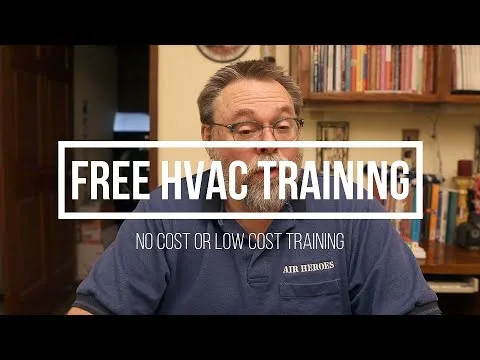
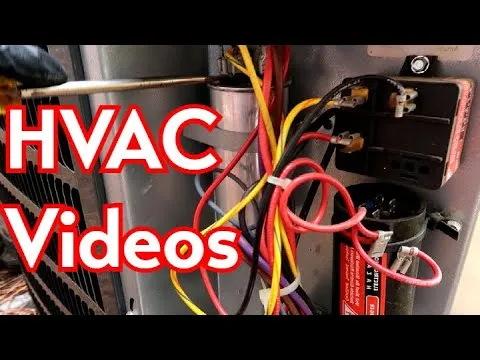




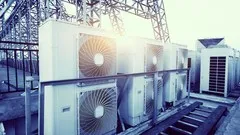
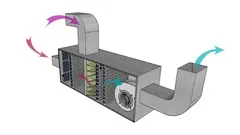
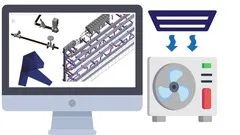
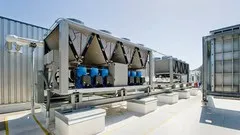

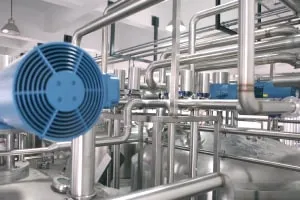
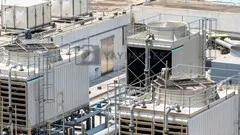

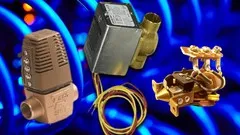

HVAC Courses
What Are the Best HVAC Certifications?
There are many online HVAC certification programs available, but some of the best ones are:
Penn Foster HVACR Technician: This program covers HVAC systems, refrigeration, and EPA certification. It is self-paced and can be completed in 6 months. The tuition includes the cost of the EPA exam and a discount for Snap-on Tools. It is accredited by the DEAC and the IACET.
University of North Dakota HVAC/R Technician : This program also covers HVAC systems, refrigeration, and EPA certification. It is instructor-led and can be completed in 3 to 4 months. The tuition includes the cost of the EPA exam and access to online simulations and videos. It is accredited by the HLC and the NDUS.
Ashworth College Heating and Air Conditioning: This program focuses on HVAC systems and EPA certification. It is self-paced and can be completed in 4 months. The tuition includes the cost of the EPA exam and a proctored final exam. It is accredited by the DEAC and the IACET.
These are just some of the options you can choose from. You can also check out other online courses from Udemy or ACCA for more HVAC training.
Frequently Asked Questions and Answers
Q1: What is difference between AC and HVAC?
The term "AC" refers to air conditioning, which involves the cooling and dehumidification of air within a room or building. On the other hand, an HVAC system, an abbreviation for heating, ventilation, and air conditioning, integrates the AC with additional systems to offer a more extensive solution for climate control.
Q2: Is water heater a HVAC?
Water heaters are actually part of the plumbing system, not the HVAC system, as their purpose is solely focused on regulating the temperature of the water that is supplied to faucets, showers, dishwasher, and washing machine.
Q3: Why is HVAC so expensive?
Higher manufacturing costs have led to higher prices for HVAC systems, as manufacturers must pass these costs onto the consumer. Additionally, disruptions to the HVAC supply chain due to the COVID-19 pandemic have also resulted in increased prices.
Q4: Why is HVAC used?
The main purposes of a Heating, Ventilation and Air-Conditioning (HVAC) system are to assist in maintaining good indoor air quality (IAQ) through adequate ventilation with filtration and to provide thermal comfort. HVAC systems rank among the largest energy consumers in schools.
Q5: Is HVAC more expensive than AC?
A new furnace has an average cost of approximately $5,500, with a typical range spanning from $2,600 to $6,400. The average cost for installing a new AC unit falls between $3,800 and $7,500. On the other hand, the average cost for a new HVAC system as a whole is $7,500, typically falling within the range of $5,000 to $12,500.
Q6: What HVAC courses can I find on AZ Class?
On this page, we have collected free or certified 95 HVAC online courses from various platforms. The list currently only displays up to 50 items. If you have other needs, please contact us.
Q7: Can I learn HVAC for free?
Yes, If you don’t know HVAC, we recommend that you try free online courses, some of which offer certification (please refer to the latest list on the webpage as the standard). Wish you a good online learning experience!
ADVERTISEMENT
